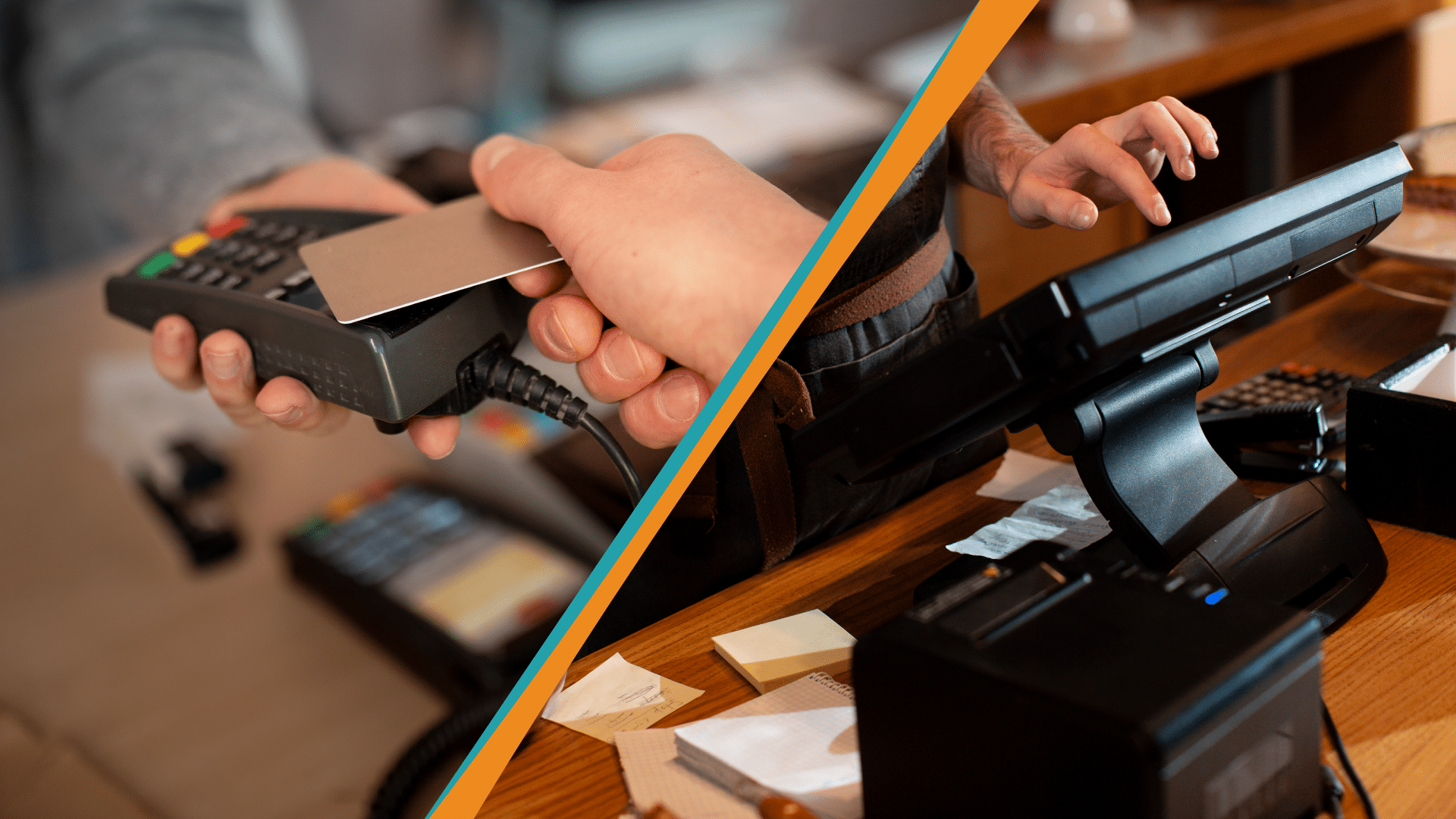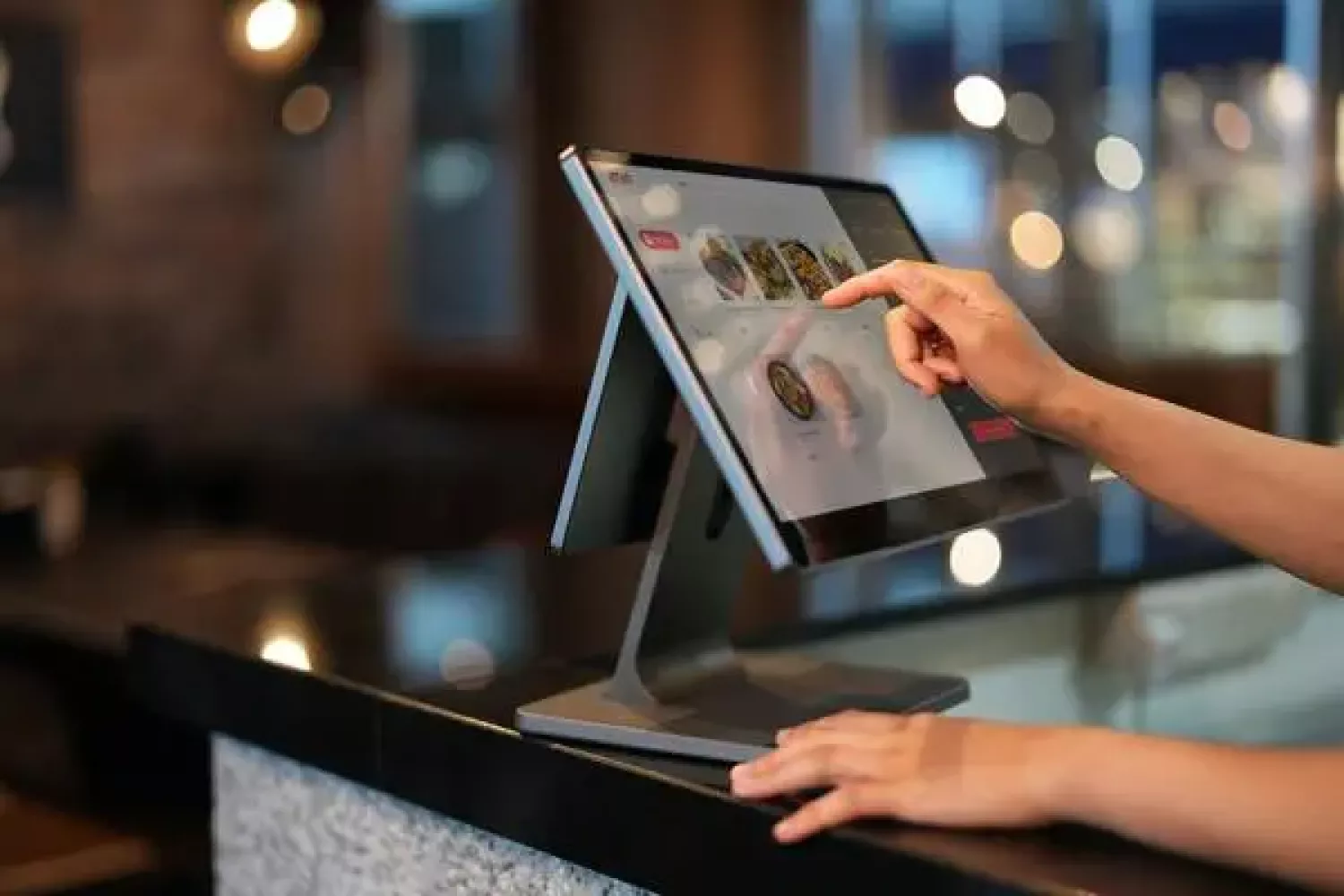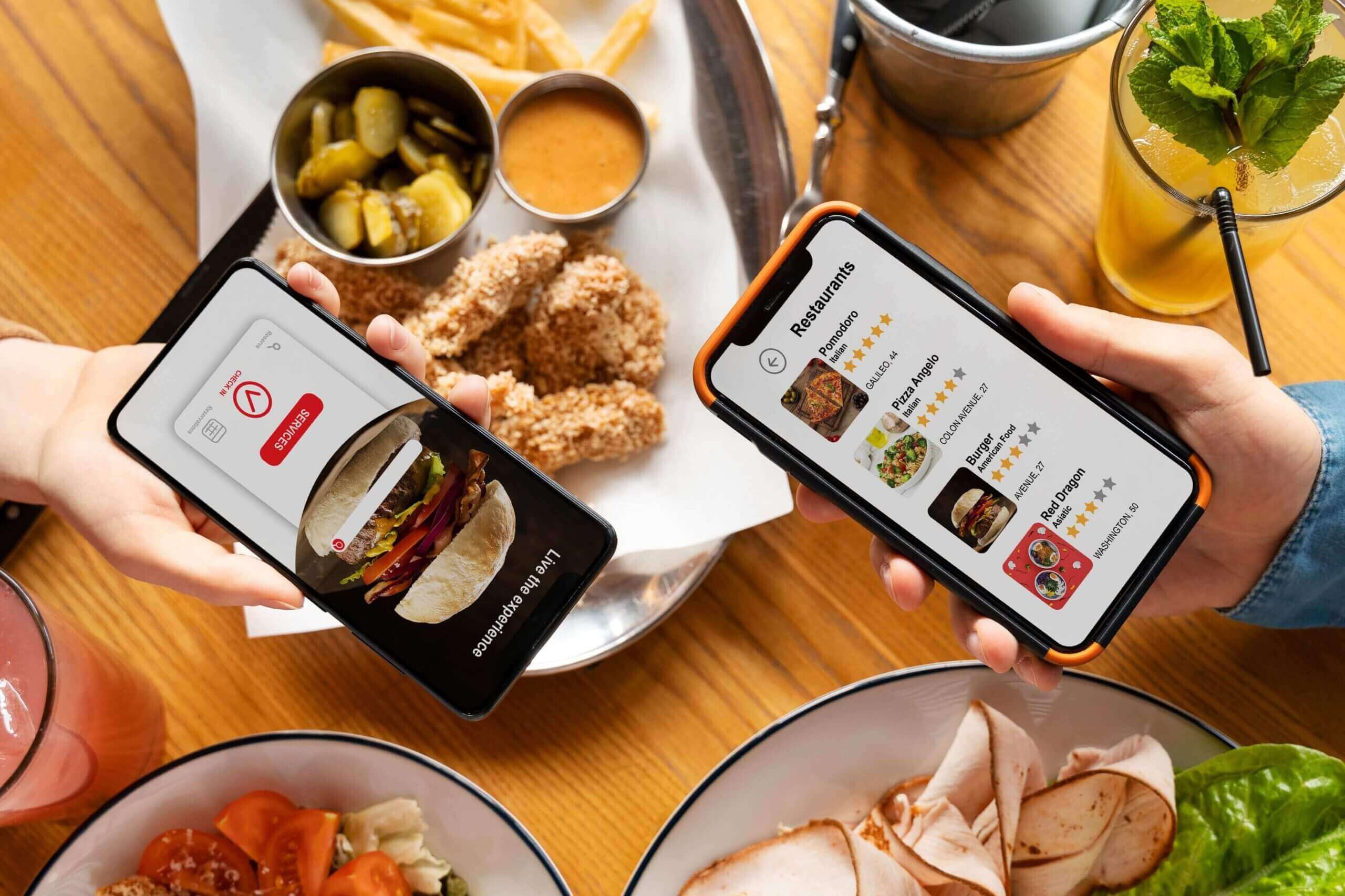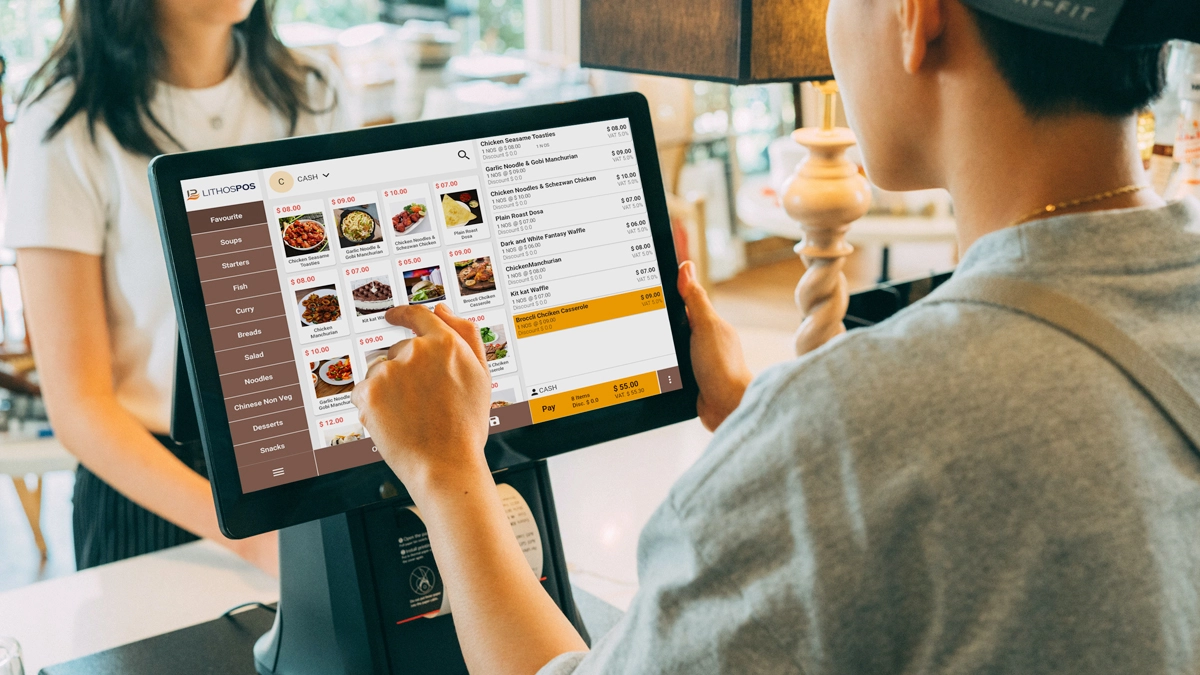How POS Systems Enable Personalized Customer Service
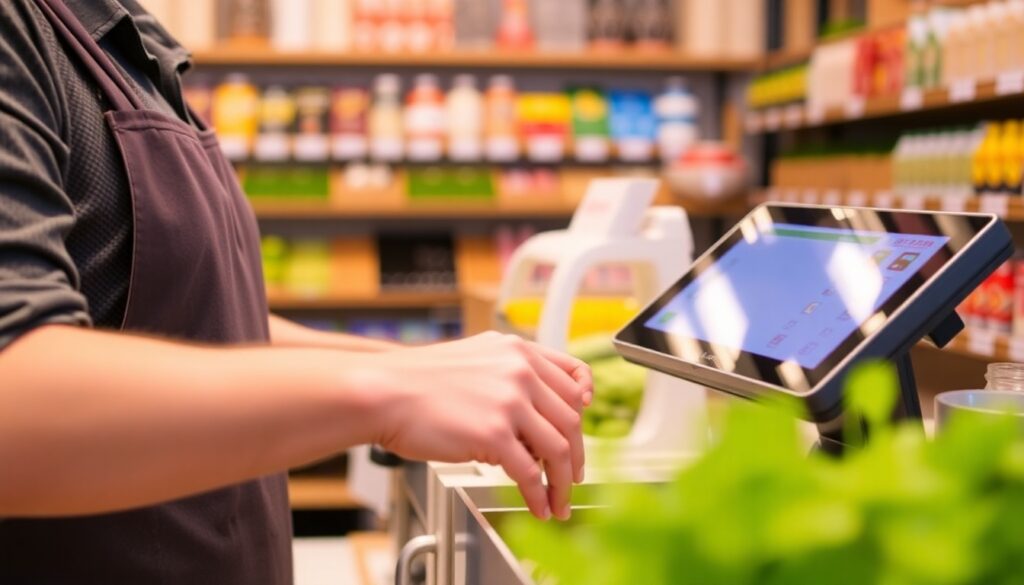
In today’s competitive market, businesses are no longer just competing on product quality or price — customer experience has become a key differentiator. Shoppers expect brands to understand their preferences, anticipate their needs, and provide tailored service. One powerful tool that helps businesses achieve this is the modern Point of Sale (POS) system. More than just a way to process payments, today’s POS solutions are designed to gather, analyze, and utilize customer data, enabling personalized service that keeps customers coming back.
Understanding Customer Preferences
Personalization begins with data. A modern POS system collects valuable information during each transaction, including purchase history, preferred payment methods, and even shopping frequency. By analyzing this data, businesses can gain insights into what each customer values most.
For example, a coffee shop can use its POS system to track that a regular customer always orders a cappuccino with oat milk. With this knowledge, staff can greet the customer by asking if they’d like “their usual,” making the interaction feel thoughtful and personal. Such small touches foster loyalty and create a memorable experience that customers cannot easily find elsewhere.
Loyalty Programs Made Easy
POS systems also make it simple to implement and manage loyalty programs. Gone are the days of punch cards or manually tracking points. With POS technology, loyalty rewards can be integrated seamlessly into each transaction.
A grocery store, for instance, can automatically apply discounts for loyal shoppers or notify them about points they have earned. Customers appreciate being recognized and rewarded for their loyalty, and businesses benefit from repeat visits and stronger customer relationships. This streamlined, personalized approach to loyalty programs builds a sense of belonging and appreciation that enhances customer satisfaction.
Targeted Promotions and Offers
Generic discounts and promotions often fail to capture customer attention. With the help of POS data, businesses can create targeted offers based on individual preferences. If the system shows that a customer frequently buys sportswear, a retail store can send personalized promotions on new arrivals in that category.
This targeted marketing not only increases the chances of a sale but also shows customers that the business values their unique interests. Personalized offers make shoppers feel understood and encourage them to engage more with the brand.
Efficient Service Through Customer Profiles
Another way POS systems enable personalization is by creating customer profiles. These profiles consolidate all important details about a customer — from their shopping history to their favorite products and preferred communication channels.
When a returning customer makes a purchase, staff can quickly access their profile through the POS system, allowing them to offer recommendations based on previous choices. For example, a bookstore can suggest new releases from an author the customer has bought before. This level of personalization transforms a routine shopping experience into an engaging and memorable one.
Real-Time Customer Engagement
Modern POS systems often integrate with mobile apps, email marketing, or SMS platforms, allowing businesses to communicate with customers in real time. Personalized birthday discounts, thank-you messages after purchases, or exclusive invitations to upcoming sales can all be automated through POS integration.
This proactive engagement ensures that customers feel valued beyond the point of sale. Instead of being just another transaction, they are nurtured as long-term relationships. Personalized communication builds trust and keeps customers connected to your brand even when they’re not actively shopping.
Building Long-Term Loyalty
Personalized customer service goes beyond convenience — it creates emotional connections. Customers who feel recognized and valued are more likely to stay loyal to a brand, recommend it to others, and spend more over time. POS systems play a central role in enabling this personalization by providing the tools businesses need to understand, anticipate, and respond to customer needs.
Conclusion
In the modern business landscape, personalization is no longer optional; it is an expectation. POS systems empower businesses to go beyond simple transactions and deliver tailored experiences that strengthen customer relationships. From tracking purchase history and managing loyalty programs to creating targeted promotions and building customer profiles, POS technology equips businesses with everything they need to provide service that feels personal, relevant, and memorable.
By leveraging the capabilities of a POS system, businesses can transform customer service into a powerful driver of loyalty and growth. In short, POS systems don’t just process payments — they help build lasting relationships.


